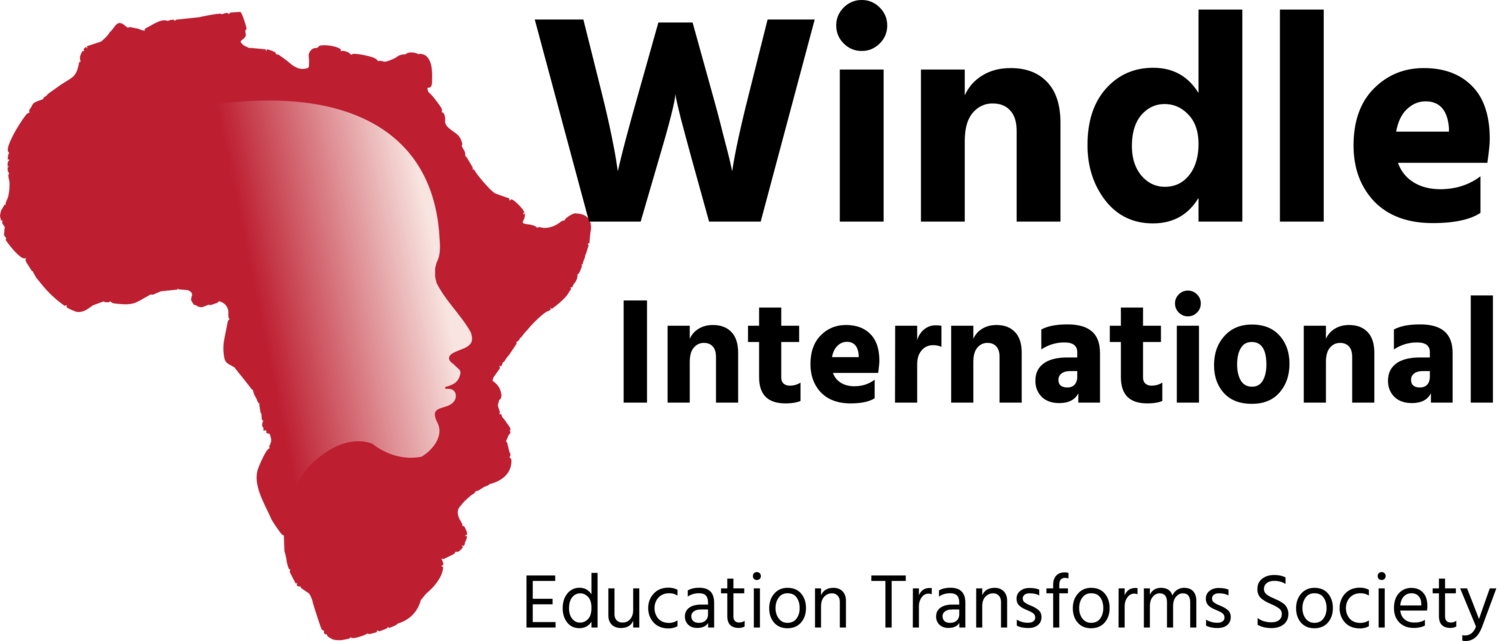Windle International Kenya
Since its inception in 1977, Windle International Kenya has been dedicated to maximizing educational opportunities for children and youth from refugee, conflict-affected, and marginalized communities in Kenya by ensuring access to quality education and training across various levels. We operate in Kakuma and Dadaab Refugee Camps, Kalobeyei Integrated Settlement, neighboring host Communities and serve Urban Refugees in Nairobi & its environs, Nakuru, Eldoret, and Mombasa.
With the generous support from our donors, we manage and support programmes in primary and secondary school education, girls’ education, technical and vocational education and training (TVET), Tertiary Education and Adult Education and Literacy.
We are committed to ensuring our strategic interventions drive long-term systemic change for social justice by addressing gender inequalities, enhancing inclusion for learners with disabilities and empowering girls and women.
WIK Overview
-
Windle Interrnational Kenya (WIK) emphasizes the importance of Education and Skills Development in Humanitarian Efforts.
We focus on empowering vulnerable populations ina areas such as health,WASH,Digital Skills ,Entrepreneurship,Life Skills and Climate responsive actions to enhance resilience and life opportunities.
-
WIK pivots its responses towards the empowerment of women and girls based on a do no harm principle.
Historically,women and girls have been disproportionately impacted by crises.They make up more than half of the world’s internally displaced persons and are more likely to be out of school in conflict areas.
-
We collaborate with the Government,Communities and Civil Society organizations to deliver quality and effective interventions.
Such Partnerships align our measures with intergrated development and humanitarian response plans,enhancing the quality assuarance and sustainability of our activities.
Two Schools In One
The innovative approach, implemented by Windle International to address overcrowding in secondary schools in refugee camps, won a Best Practice Award in 2016 and was celebrated by UNHCR at the Global Refugee Forum in Geneva in 2019.
This recognition highlighted its tangible impact on improving access to education for refugees. The model exemplifies how creative solutions can transform education systems and improve opportunities for marginalized communities, particularly refugees facing barriers to quality education. Windle International has successfully implemented the model across various schools, showcasing its scalability and effectiveness in addressing educational challenges in resource-constrained environments.
Connected Classrooms
This innovation leverages technology to deliver live classroom lessons from a central location to multiple streams, ensuring uniformity in curriculum delivery.
Leveraging on digital tools,the innovation enables one teacher to teach multiple classes at once addressing over crowding in Windle Schools.
The model has been particularly beneficial in our refugee schools for refugee students who have fled conflict zones where educational systems are often disrupted.
Expected outcomes include solving staffing gaps,uniform syllabus coverage and improving student’s Ed Capacity among other benefits.
On The Job Teacher Training (OJTT)
Windle International Kenya (WIK) and academic partners implements innovative OJTT interventions by combining online and onsite instruction. The interventions addresses key challenges of quality education in Kenyan refugee camps such as inadequate teachers and underqualified and untrained teachers .
The practical training approaches produced outstanding results supporting higher quality teaching and student achievement, building a strong human resource for refugee mother countries and improved contribution to refugee education and SDG Goal 4.
Using sport as a change agent: read this report highlighting work in Kenya to promote peace on and off the pitch.
WIK Reports
In this section we feature various special reports about WIK programming.
-
-
Read here about the WIK signature innovation, “two schools in one”.
-
This report outlines the value that sports bring to student’s lives in Kenya.




